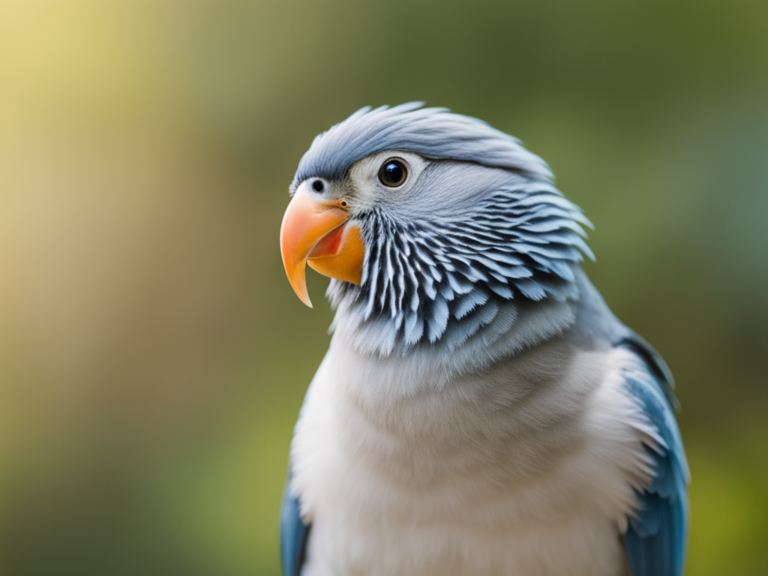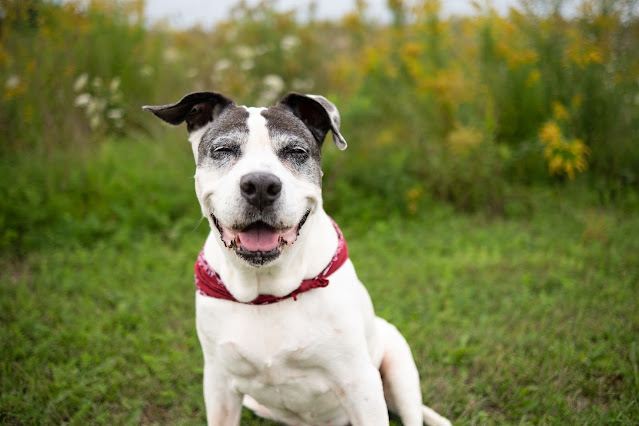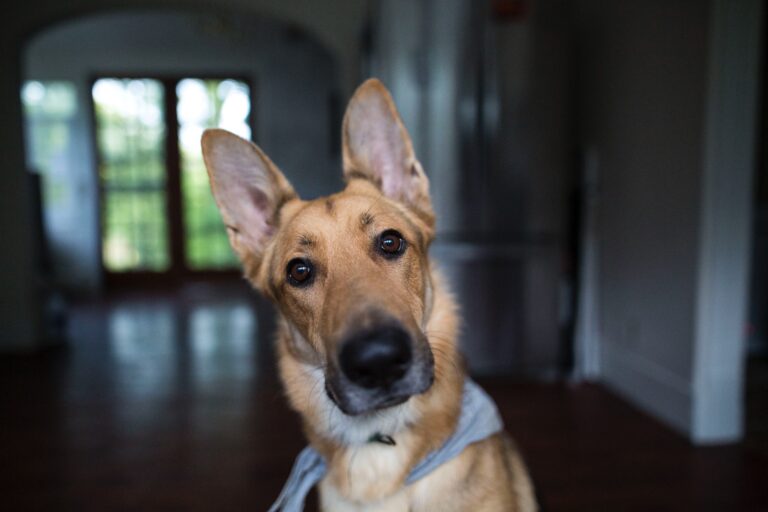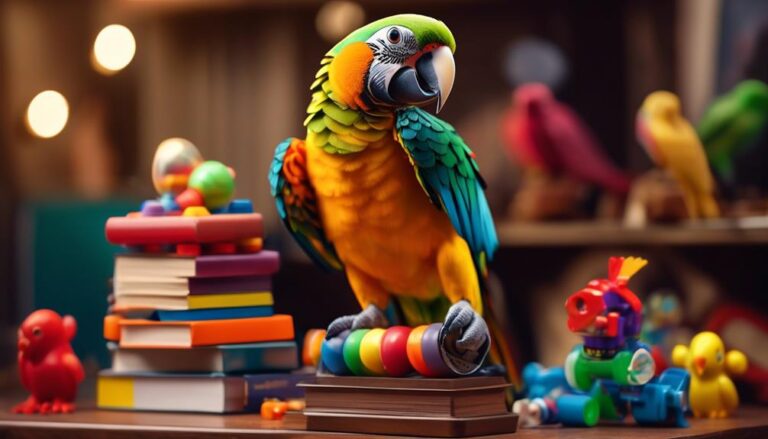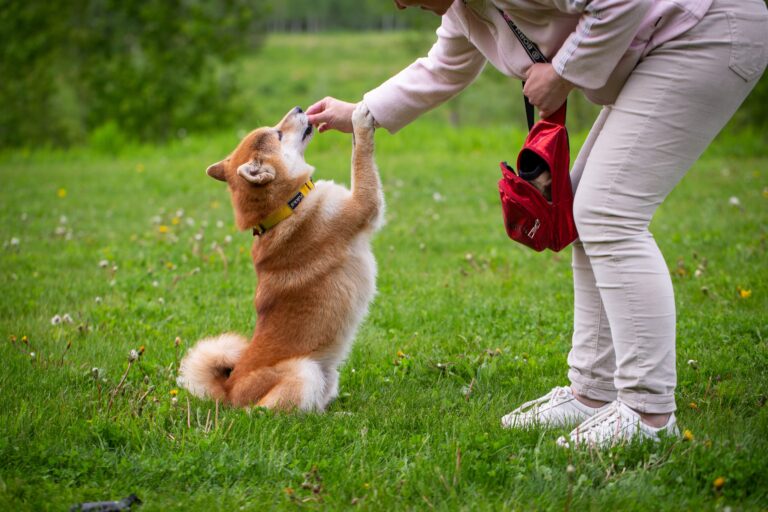Is It Possible To Socialize An Older Dog
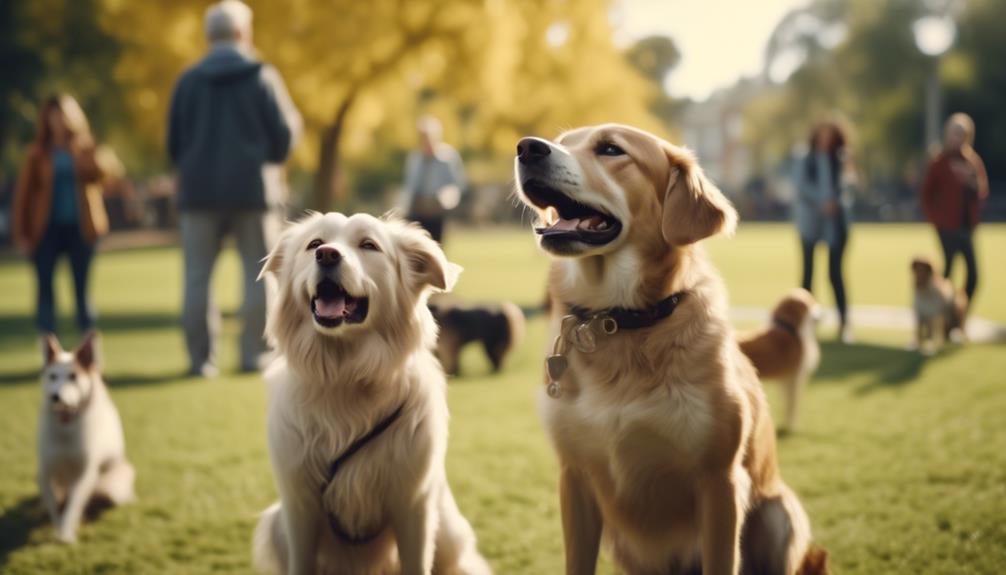
Is It Possible To Socialize An Older Dog: Like an old dog learning new tricks, you may wonder if it’s possible to socialize with your older canine companion. Well, the answer is a resounding yes. While it may not be as simple as teaching a puppy, with the right approach and a sprinkle of patience, you can help your mature four-legged friend become more comfortable in social situations. But how exactly can you achieve this? Stay tuned, because we’re about to uncover the secrets to successfully socializing an older dog and the benefits it can bring.
Importance of Socializing Older Dogs
Socializing older dogs is crucial for their well-being and can significantly improve their overall quality of life. While adult dogs may require more effort to socialize, they can still benefit greatly from positive interactions and experiences. By introducing them to new environments, people, and animals, you can help them adapt and reduce anxiety and fear.
When socializing an older dog, it is important to use positive reinforcement techniques. Rewarding them for calm and confident behavior will help them associate socialization with positive experiences. Additionally, paying attention to their body language is essential. Understanding their signals of discomfort or fear can help you adjust the socialization process accordingly.
Introducing your older dog to new experiences, people, and animals gradually is key. Taking small steps and allowing them to adjust at their own pace will help build their confidence and positive associations. It is important to keep in mind that every dog is different and may have varying needs when it comes to socialization. Some older dogs may require more time and patience, but with persistence, you can help them overcome their fears and anxieties.
If you are unsure about how to socialize your older dog, seeking professional help is always a good idea. A professional dog trainer or behaviorist can provide guidance and expertise to ensure a successful socialization process. Remember to approach the socialization process with a positive attitude and patience. With your help and the right approach, socializing an older dog can greatly improve their well-being and overall happiness.
Challenges of Socializing Older Dogs
Socializing an older dog can present unique challenges due to age-related behavior issues, fear, and anxiety. These challenges may arise from established behaviors that have become ingrained over time, making it more difficult to modify them. Additionally, older dogs may have missed the critical socialization period, requiring patience and consistent positive reinforcement to help them overcome their fears and anxieties. To successfully socialize an older dog, it is important to employ effective training techniques that address their specific needs and triggers, and seeking professional guidance can be advantageous in navigating these challenges.
Age-Related Behavior Challenges
Older dogs may face age-related behavior challenges, such as fear, aggression, or anxiety towards new people, animals, or environments. These challenges can arise from a lack of socialization as puppies or changes in the dog’s physical or mental capabilities as they age. Socializing an adult dog requires patience and consistency, as it may take more time and effort compared to socializing puppies.
To address age-related behavior challenges, it is important to gradually expose your dog to new experiences and create positive associations. Pay close attention to your dog’s body language and provide controlled and positive interactions. Seeking assistance from certified trainers or behaviorists can also be beneficial. Remember, it is never too late to teach an old dog new tricks and help them lead a happier and more social life.
Overcoming Fear and Anxiety
To address the challenges of socializing older dogs, it is important to understand how to overcome their fear and anxiety. Older dogs may have had limited exposure to new experiences, which can contribute to their fear and anxiety. To help them overcome these emotions, patient and consistent training is key. Start by slowly introducing your adult dog to new people and other adult dogs in a controlled and calm environment.
Reward calm behavior with treats and praise to reinforce positive associations. Once your dog is comfortable with adult dogs and humans, gradually introduce them to puppies and children. Remember, socializing an older dog may require more effort, but with proper training and support, their fear and anxiety can be overcome, allowing them to enjoy a more social and fulfilling life.
Training Techniques for Success
What are effective training techniques for successfully socializing older dogs? Socializing an older dog may present some challenges, but with the right training techniques, you can help your dog socialize and thrive. Start by observing your dog’s body language to understand their comfort level and potential triggers. Introduce them gradually to new people, animals, and environments, rewarding calm behavior with treats and praise. As they become more comfortable, gradually expose them to puppies and children, ensuring positive interactions.
Consider enrolling in certified Canine Good Citizen training programs or working with a professional trainer to address specific socialization needs. Additionally, dog parks and doggy daycare can provide opportunities for advanced socialization. Remember to maintain patience, consistency, and positive reinforcement to achieve success in socializing your older dog.
Effective Strategies for Socializing Older Dogs
Gradually expose your older dog to new experiences, people, and environments to effectively socialize them. Socializing an older dog is possible with patience and the right strategies. Start by introducing your dog to potential triggers slowly, rewarding calm behavior with treats and praise. Controlled encounters, like walks, can expose your dog to different sights, smells, and sounds. Pay attention to your dog’s body language to ensure they are comfortable and not overwhelmed. Seek professional help from certified trainers or consider enrolling your dog in doggie daycare for socialization if your methods aren’t working.
During training sessions, introduce your dog to a wide variety of people, including men, women, children, and people of different ethnicities. Teach them how to behave around strangers by rewarding them for calm and friendly behavior. Encourage others to approach your dog gently and avoid making sudden movements or loud noises that might startle them.
Expose your dog to different environments, such as parks, beaches, or busy streets. Start with quieter places and gradually work your way up to more challenging environments. Allow your dog to explore at their own pace, providing reassurance and rewards for positive behavior.
Remember the saying, “You can’t teach an old dog new tricks,” but it’s not entirely true. While it may take longer to socialize an adult dog compared to a puppy, with patience, positive reinforcement, and realistic expectations, your dog can learn to behave appropriately in various social situations. By following these effective strategies, your old dog can learn new social skills and enjoy a happier, more fulfilled life.
Benefits of Socializing Older Dogs
As you continue to socialize your older dog, you’ll soon discover the numerous benefits that come with it. It is never too late to socialize with your furry companion, and doing so can greatly improve their behavior and comfort around new people and other pets. Socializing your older dog can reduce their anxiety and stress levels, making them more at ease in various social situations. This enhanced adaptability and resilience can lead to increased happiness and mental stimulation for your four-legged friend.
Another benefit of socializing with your older dog is the lower chances of them running away due to discomfort. By exposing your dog to different environments and introducing them to new pets or children, you can help them become more comfortable and integrated into the family. This can greatly reduce the likelihood of them trying to escape or exhibit undesirable behaviors.
Socializing your older dog also helps in creating lifelong bonds and trustworthiness. Through proper training and socialization, your dog will learn how to behave appropriately in different social settings. This fosters their participation in social activities and strengthens their ability to interact positively with other animals and people.
Furthermore, socializing with your older dog can also prevent behavioral issues. By exposing them to new things and experiences, you can help them develop the necessary skills and confidence to navigate the world around them. This can prevent the development of fear or aggression towards unfamiliar situations, ultimately leading to a well-rounded and well-behaved dog.
Helping Dogs With Missed Early Socialization
If your older dog missed out on early socialization, don’t worry – it’s not too late to help them. Late-stage socialization techniques can still be effective in rehabilitating unsocialized dogs. By gradually introducing them to potential triggers and rewarding calm behavior, you can help your dog become more comfortable and confident in social situations.
Late-Stage Socialization Techniques
To help dogs with missed early socialization, implementing late-stage socialization techniques is crucial for their development and well-being. Keep in mind that while it may be more challenging to socialize an older dog, it is not impossible. Remember the saying “You can’t teach an old dog new tricks”? Well, that’s simply not true. When it comes to socializing your dog, positive reinforcement is key. As your dog gets older, it’s important to gradually expose them to new people, places, and experiences.
Start by giving your dog plenty of positive experiences around new people and slowly introduce them to different environments. Pay attention to what triggers your dog and work on desensitizing them through controlled exposure. Seek professional help if needed and always maintain realistic expectations. Socializing an older dog is a journey, but with patience and consistency, it is possible to help them become more comfortable and confident in various social situations.
Rehabilitation for Unsocialized Dogs
Now let’s turn our attention to the rehabilitation of unsocialized dogs, a crucial step in helping them overcome the challenges of missed early socialization. It’s never too late to socialize with your adult dog and improve their behavior. Start by potty training and teaching basic obedience commands. Then, gradually introduce your dog to new people, animals, and environments at a safe distance.
Always work at your dog’s pace, rewarding calm behavior with treats and praise. If possible, consider enlisting the help of another dog to serve as a positive role model. Keep in mind that the level of socialization your dog can achieve may depend on their past experiences and temperament. With time, patience, and consistent training, even a rescue dog can become well-socialized and enjoy a happier, more fulfilling life.
Tips for Socializing Adult Dogs
When socializing adult dogs, it is important to start slow and be patient, as they may require more effort but can still be successfully socialized. Introduce your dog to one new thing at a time to help you determine their comfort level. Start with one or two positive things your dog enjoys, such as treats or toys, to make sure your dog feels safe and relaxed. Gradually introduce potential triggers, such as new people or pets, through controlled interactions. Reward calm behavior with treats and praise to reinforce positive associations.
Going for walks is a great way to socialize your adult dog. It exposes them to different sights, smells, and sounds, helping them become more comfortable in various environments. Keep your dog on a leash during walks and allow them to explore at their own pace. If your dog shows signs of fear or anxiety, take a step back and give them more time to adjust.
Making sure your dog has positive experiences with new people and pets is crucial. Start by introducing them to individuals who are calm and patient. Allow your dog to approach at their own pace and reward them for calm behavior. When introducing your dog to other pets, do it gradually in a controlled environment. Supervise the interactions and intervene if necessary.
If you’re struggling with socializing your adult dog, consider seeking professional help. A professional dog trainer or behaviorist can provide guidance tailored to your dog’s specific needs. Doggie daycare can also be a helpful option for socialization, as it provides opportunities for your dog to interact with other dogs in a supervised setting.
Professional Help for Socializing Older Dogs
Seeking professional help is essential for socializing an older dog, especially when faced with challenges beyond your expertise. While early socialization is important for dogs, it is never too late to start socializing your older dog. A professional dog trainer or a specialized doggie daycare like Dogtopia can provide the necessary guidance and expertise to help your older dog navigate the social world.
Professional trainers, such as the Certified Canine Coaches at Dogtopia, have the knowledge and experience to read dog body language and create a safe and controlled environment for socialization. They can assess your dog’s temperament and develop a customized socialization plan tailored to their specific needs. This is particularly important if your older dog exhibits signs of separation anxiety or becomes overwhelmed in new situations.
Proper socialization requires repetition, consistency, and patience. Professional help can provide the necessary support and guidance to help you navigate the process. They can teach you techniques to gradually introduce your older dog to new dogs, environments, and experiences, ensuring a positive and stress-free socialization journey.
Dogtopia, for example, offers award-winning daycare, boarding, and spa services, creating a home away from home for dogs. Their highly trained staff ensures the highest level of care and supervision, allowing your older dog to socialize in a controlled and safe environment.
Is It Possible To Socialize An Older Dog Frequently Asked Questions
At What Age Is It Too Late to Socialize a Dog?
It’s never too late to socialize an older dog. While it may require more effort and patience, they can still learn and adapt. Take a gradual approach, use positive reinforcement, and seek professional help if needed.
How Do You Socialize an Undersocialized Adult Dog?
To socialize an undersocialized adult dog, use positive reinforcement training techniques. Start with slow introductions, exposure therapy, and desensitization exercises. Seek professional help or join socialization classes. Build confidence through patience and consistency.
Can an Unsocialized Dog Be Rehabilitated?
Yes, an unsocialized dog can be rehabilitated with behavioral therapy, socialization techniques, positive reinforcement, training classes, introductions to new environments, building trust, and slow introductions. Patience and consistency are key, and seeking professional help can provide guidance.
What Happens if a Dog Is Not Socialized?
Not socializing a dog can lead to fear, aggression, and behavioral issues. Early socialization is important for dogs to develop proper social skills. Socializing an older dog is possible but may come with challenges. Professional trainers can help.
Conclusion
In conclusion, socializing an older dog is indeed possible with patience and consistency. While it may require more effort than socializing a puppy, older dogs can still learn to be comfortable in various situations. By gradually introducing them to new experiences and rewarding calm behavior, they can develop good social skills and become more adaptable. Seeking professional help can also be beneficial in overcoming any challenges in the socialization process. Overall, socializing older dogs can greatly improve their well-being and quality of life.



